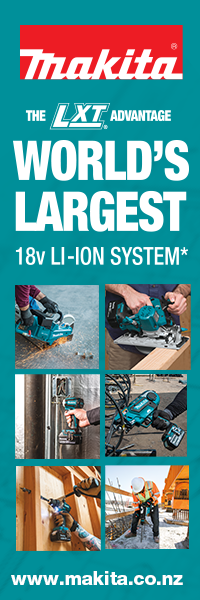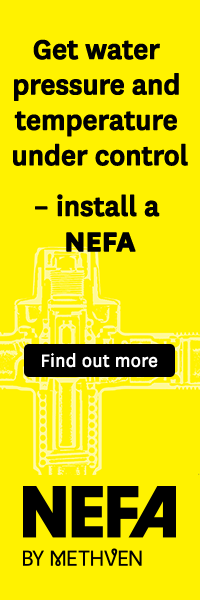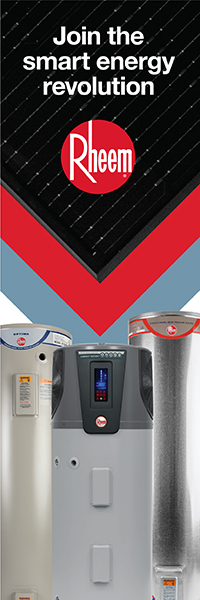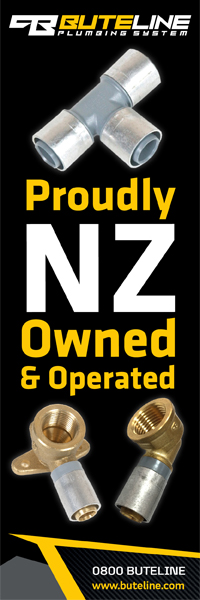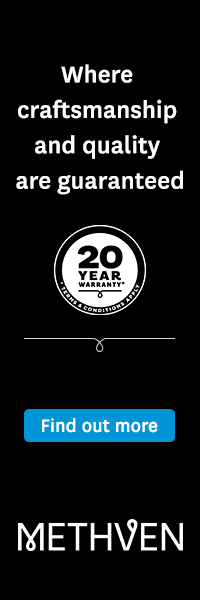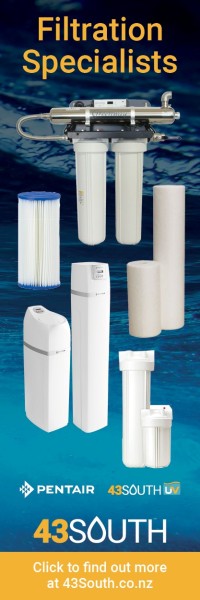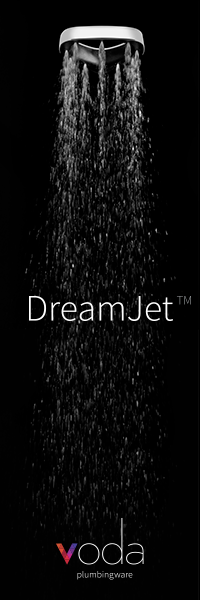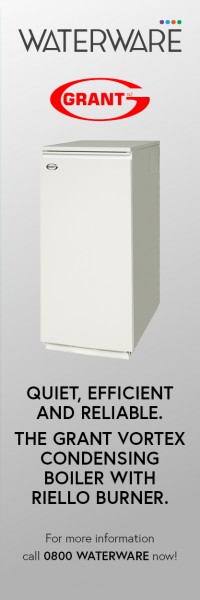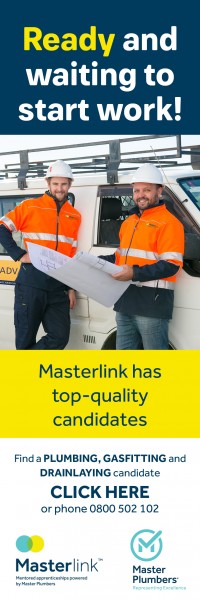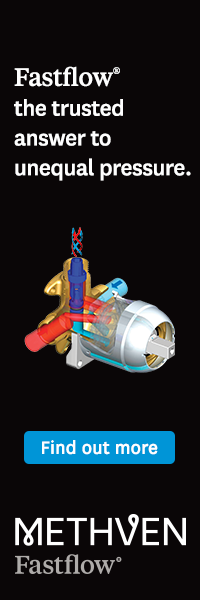Apprentice Training
HAVE YOUR SAY on the redesign of the vocational education and training system
Ensuring New Zealand can rely on a robust and professional plumbing, gasfitting and drainlaying sector requires investment in apprentice growth and a comprehensive training regime. We need to ensure the next generation of tradespeople is fostered and provided with the best possible start to their careers.
The government has committed to disestablishing Te Pūkenga and replacing it with a reconfigured vocational training system.
Master Plumbers outlines the proposed changes on this web page, along with our position to date.
|
We have prepared a draft submission and would like to hear the views of our members via our quick poll. We will then submit our collective feedback by the consultation closing date of 12 September.
|
What is being proposed?
Reconfiguring the ITP sector
A redesign of the Institute of Technology and Polytechnic (ITP) network is proposed. This would involve:
- Re-establishing regional ITPs that can show a robust pathway to financial and educational sustainability
- Establishing a federation of ITPs, anchored on the Open Polytechnic, so ITPs that need academic and financial support can deliver courses and programmes to their regions with the support of the Open Polytechnic and other member ITPs.
Benefits
- Master Plumbers sees benefits in the opportunity to consolidate providers. For the PGD sector especially, we don’t need more available providers—particularly if many are already struggling to survive—we need the providers to be of better quality. This means addressing a significant tutor shortage and the reality that many of the current facilities are not up to standard and lacking in materials.
- We also advocate for the moderation of providers so the training delivered is consistent and standardised, regardless of which entity or location a learner is contracted to.
Risks
- Master Plumbers believes there is a potential risk that those less financially viable ITPs under the federation model may need to reduce some of their provision and won’t have the funds to invest in new facilities or equipment, even if their local industry is demanding this.
- A strong and reliable anchor ITC will be needed if the federation model is to be successful. If Open Polytechnic is selected as the anchor, more clarification is needed as to what services they will be providing and standards for the provision of these services.
Industry-led system for standards setting and industry training
The redesign includes two proposed approaches to establish an industry-led system for standards setting and industry training.
Option A
- Establish a small number (possibly up to eight) of Industry Training Boards, similar to the previous Industry Training Organisations (ITOs).
- These statutory boards with mostly industry and some ministerial governance would both arrange industry training and set industry standards for sub-degree education.
- They would take over the work-based programmes and learners currently within Te Pūkenga.
Option B
- Replace Workforce Development Councils with a small number (possibly up to eight) of more focused, industry-specific standards-setting bodies.
- Te Pūkenga’s Work-based Learning division would be divided into industry-aligned units.
- ITPs (Institutes of Technology and Polytechnics), PTEs (private training establishments), and Wānanga could still offer industry training based on criteria.
While Master Plumbers doesn’t think either model represents an ideal end solution for the vocational training sector, we prefer Option B of the two proposed systems, as it is closer to the current Workforce Development Council (WDC) model, which we believe has worked well for the construction and infrastructure sector.
However, for Option B to be successful, we believe it needs to retain some of the key functions of the existing WDCs:
- Ability to provide advice to the Tertiary Education Commission (TEC) – Currently, the Waihanga Ara Rau Construction and Infrastructure WDC makes recommendations twice a year to the TEC, which helps provide essential information from the ground up. The industry needs to have a voice on and oversight of how these new bodies operate; otherwise they become out of touch and toothless.
- Strategic Reference Groups (SRGs) – SRGs, such as the PGD SRG, provide an invaluable resource for each subgroup under the WDCs, allowing specific industries greater oversight of funding and qualification development and ensuring smaller trades don’t get lumped in with the larger players within their overarching sector.
- Strategic oversight of PGD industry: The plumbing, gasfitting and drainlaying industry needs strategic oversight of the amount and type of training developed and offered. Neither Option A nor Option B offers this oversight.
Alternative Option: Keep the WDCs
Several industry-specific WDCs have provided considerable value—particularly the Waihanga Ara Rau Construction and Infrastructure WDC. Master Plumbers is of the opinion that the WDC model is an improvement on the Industry Training Organisations (ITOs) it replaced.
While ITOs were funded on learner numbers, and while funding was contingent on learner outcomes, standard setting and research was not funded—yet was a requirement of ITOs.
ITOs were more focused on generating income to fund their operations than delivering outcomes for industry.
Master Plumbers would like to keep well-performing WDCs and proposes using alternative funding models to address the issue of cost that the government has cited. Some of these options include:
- NZQA commercial and residential construction learner fees contribute to standards-setting and quality assurance
- WDCs to potentially charge ITOs for quality assurance services
- Utilising some of the unspent monies from MBIE’s building levy fund to support workforce development
- A training levy on new occupational licenses and annual licence renewal.
Funding
On-job funding
Based on the consultation document, it is unclear exactly what will happen to work-based funding rates. However, it appears that the general idea is that on-job funding rates will decrease, and off-job rates will increase.
Master Plumbers cautions against decreasing on-job funding rates as this is an under-resourced area and provides significant benefit for those industries that rely heavily on work-based learning, such as the PGD sector.
A decrease in on-job funding will result in less pastoral support for learners and less support for employers.
Industry oversight
Master Plumbers believes the need for industry insight is an overarching component of funding. The industry knows best when it comes to its training needs and where best to channel funding to meet these needs.
Without industry involvement and insight, funding distribution can become inefficient. There’s no benefit to shifting funding if it doesn’t flow down to the needed sections and industry involvement is crucial to helping identify these needs.
Standards-setting funding
Master Plumbers believes standards-setting functions should be levied across all funding streams, as they are not specific to work-based learning. The ITP sector also uses the qualifications, standards, and external moderation functions of the SSB, so all parts of the system should fund these functions.
In summary
Master Plumbers believes a successful future vocational training model should include:
- Strategic oversight by industry
- Funding control and distribution by sector/ industry
- Continued levels of funding for work-based learning and employer support
- A centralised body that oversees work-based learning, such as the EarnLearn division under Te Pūkenga, rather than different entities spread across the regions
- PTE consolidation and specialisation/ modification (fewer providers but of better quality
- WDCs (or equivalent) to continue to have the same functions they have currently (most importantly allowing for industry recommendations to the TEC)
- Maintain Strategic Reference Groups under the WDCs. There should be subsets of SRGs under the broader Construction and Infrastructure banner
- A strong and reliable anchor ITC. If Open Polytechnic is selected as the anchor, more clarification is needed as to what services they will be providing and standards for the provision of these services.



